Discover how people who are sight impaired rely on smart tech to adapt their homes for everyday living
From household tasks to chill-out time, here’s how tech can help
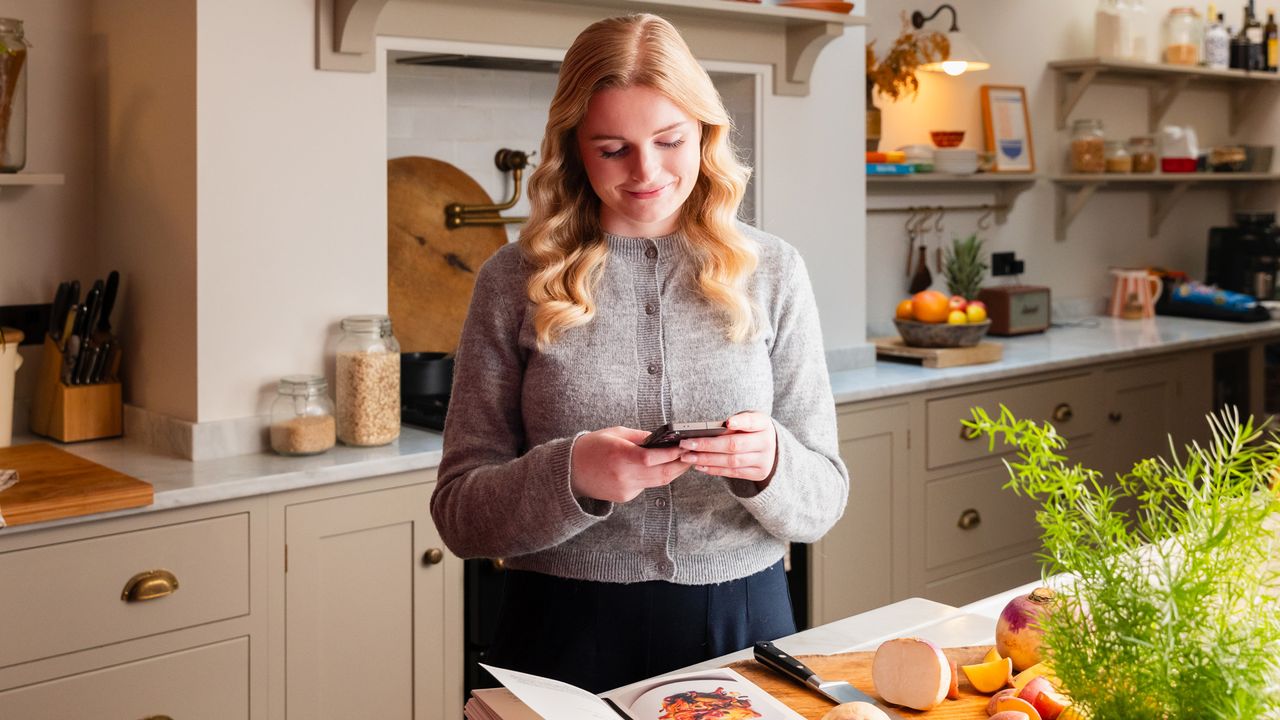
Using smart technology in our homes helps to make life easier for all of us, but with the long, dark winter nights upon us, it can play an even more important role in helping those who are sight impaired with their day-to-day activities at home. Social media executive Lisa is visually impaired. She has a condition called nystagmus, which means she can’t see well enough to drive, but she has enough useful sight that she doesn’t need to use a guide dog or a cane.
When it comes to her life at home, Lisa has a few tricks for adapting her space to suit her needs. EE’s Smart Hub Pro with Wifi 7 optimises her smart home connection, and with strong and reliable Wi-Fi she can be confident that she’s firmly in charge of her devices and networks – essential if you rely on them for everyday life.
How to use smart tech to adapt your home
Control devices with your voice
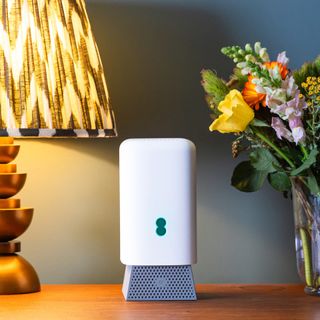
‘My routine shifts in the winter as the clocks go back and it’s darker,’ says Lisa. Like most of us, this means Lisa relies a lot more on lighting over the winter months. Smart bulbs and smart plugs are a good solution – with a good connection, they can be operated via a smart speaker like Lisa’s Google Nest or an app on a smartphone.
Pick dimmable bulbs so you can create a cosy mood when you need to relax, or turn up the brightness if you’re reading or doing a task that requires more light. Lisa has set up a welcome home smart speaker routine that turns her lights on automatically. She also opts for warmer light settings on her phone screen and lamps to create a cosier and more welcoming vibe at home in the evenings.
Make use of apps

During the day, Lisa uses magnifying apps on her Samsung smartphone. ‘I would typically use these for reading anything like messages, emails and instructions,’ says Lisa. ‘I tend to use them more later in the day when my eyes get tired and I need to see things a bit closer.’
Find new ways to relax
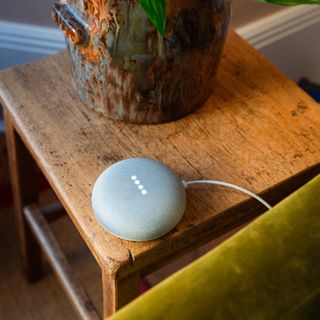
Lisa’s a night owl, so likes an evening in. When she finds a good audio book, that’ll often be her entertainment of choice rather than watching TV. ‘I’ll sit, relax and listen through the chapters as a different form of relaxation,’ she says. She loves a movie night, and uses Audio Description (or ‘AD’), available via her TV settings. AD delivers a verbal narration of the visual elements on screen to help people who are blind or sight impaired understand the scene and what's happening. A horror-film fan, Lisa finds that AD can really build up the tension and suspense, and recommends trying it to heighten your movie experience, even if you’re not sight impaired.
EE helps you do more with tech in your home. For more smarter ideas and inspiration, visit ee.co.uk/tech.
Get the Ideal Home Newsletter
Sign up to our newsletter for style and decor inspiration, house makeovers, project advice and more.
-
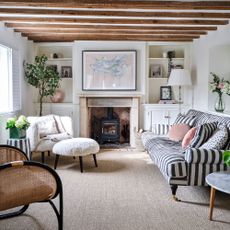 I asked 4 experts what carpet colour is going out of fashion this year – they all unanimously agreed on one shade
I asked 4 experts what carpet colour is going out of fashion this year – they all unanimously agreed on one shadeThe reign of this popular shade is finally coming to an end
By Rebecca Knight
-
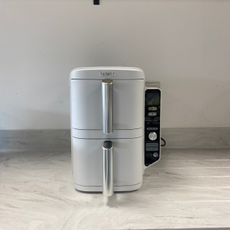 I wish I'd known these 4 things before I bought my Ninja air fryer – here's how to buy the right one for your home
I wish I'd known these 4 things before I bought my Ninja air fryer – here's how to buy the right one for your homeThis is what I'd change if I could do it over again
By Molly Cleary
-
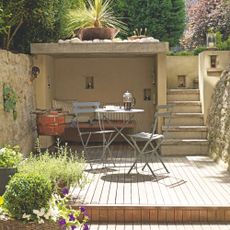 5 easy tricks you can do this weekend to make your outdoor furniture look brand new
5 easy tricks you can do this weekend to make your outdoor furniture look brand newBring life back into your outdoor furniture with these tricks and tips
By Ciéra Cree